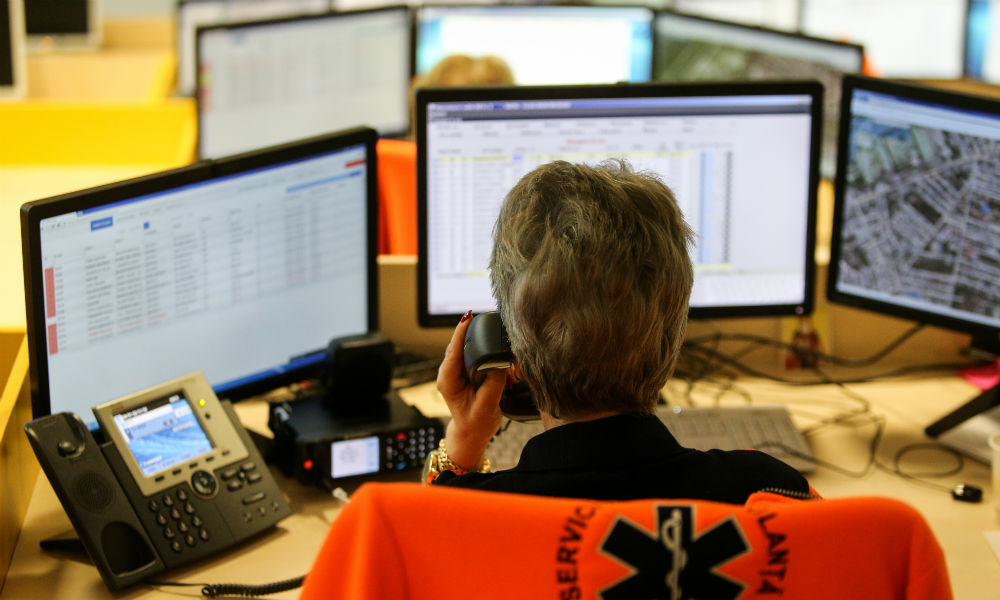Workforce Management Featured Article
Madison, Wisconsin to Expand Alternative Community Emergency Services

Municipal call centers are frequently being utilized to offer mental health care in emergency situations. Some regions are putting together Mental Health Response Teams (MHRTs), which are comprised of crisis clinicians, law enforcement officers, and 911 emergency call center personnel. Together, these teams respond to 911 calls regarding psychological health. This change has been driven by many high-profile mental health crises across the country.
Since the early 2000s, police in Madison, Wisconsin have used mental health liaisons for these cases. These are patrol officers with an extra 16 to 24 hours of annual training who participate in calls which include a mental health component. The city currently has between 35 and 40 liaisons working citywide, according to a recent article by local news source Channel 3000. The liaison officers help serve as conduits between families, individuals in crisis, as well as third-party organizations that the Madison Police Department works with.
In late November, at least two mental health liaison police officers responded to an incident regarding a local teenager who turned his gun on himself during an armed suicide threat call. The incident highlighted the city’s initiatives for mental health informed responses to 911 calls, as well as who responds in the immediate crisis of a mental health call where weapons are involved.
“These calls are very challenging, very dynamic a lot of the time,” said Sergeant Sarah Shimko with Madison Police Department’s mental health unit. “I get calls almost daily from people who just don’t know who else to call.”
She added, “I wish we did have more options to have more mental health officers, but I feel very grateful that we have the unit that we have. Because we’re unique, one of 14 learning sites in the whole country.”
Last month, the city voted to redirect an additional $82,000 from the police budget to the fire department for the Community Alternative Response Emergency Services (CARES) team as part of the 2022 operating budget. The funds, including $600,000 already built into the budget for CARES, would pay for two additional mental health crisis workers covering six months of 2022, according to Channel 3000.
Edited by Luke Bellos







